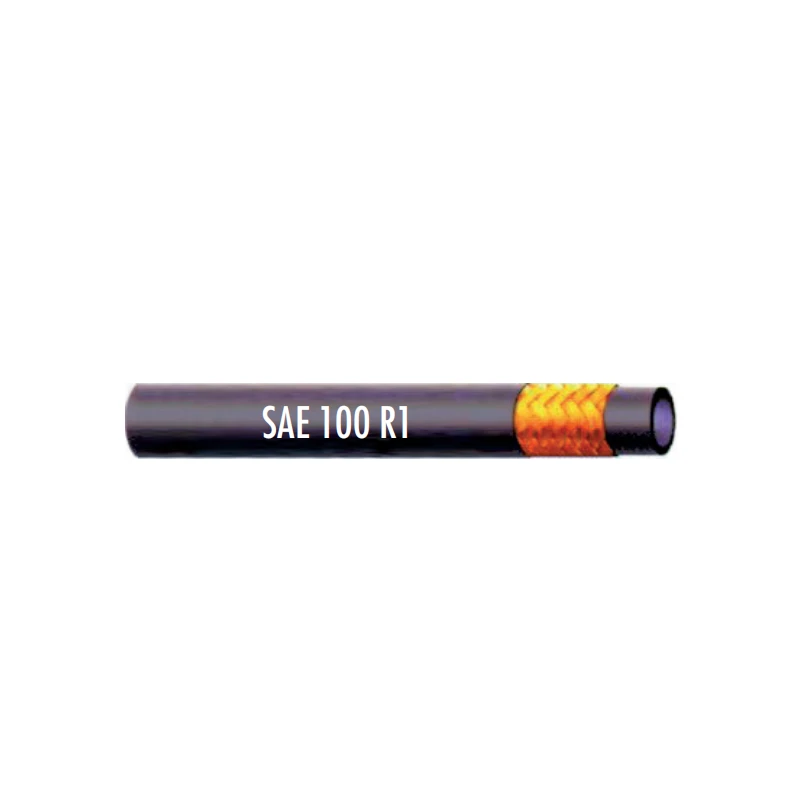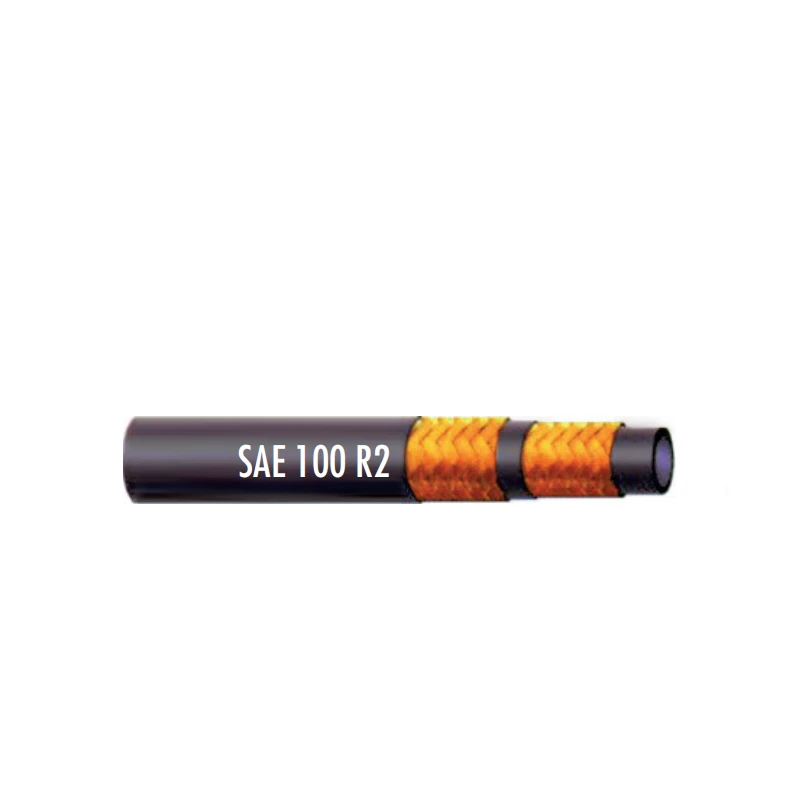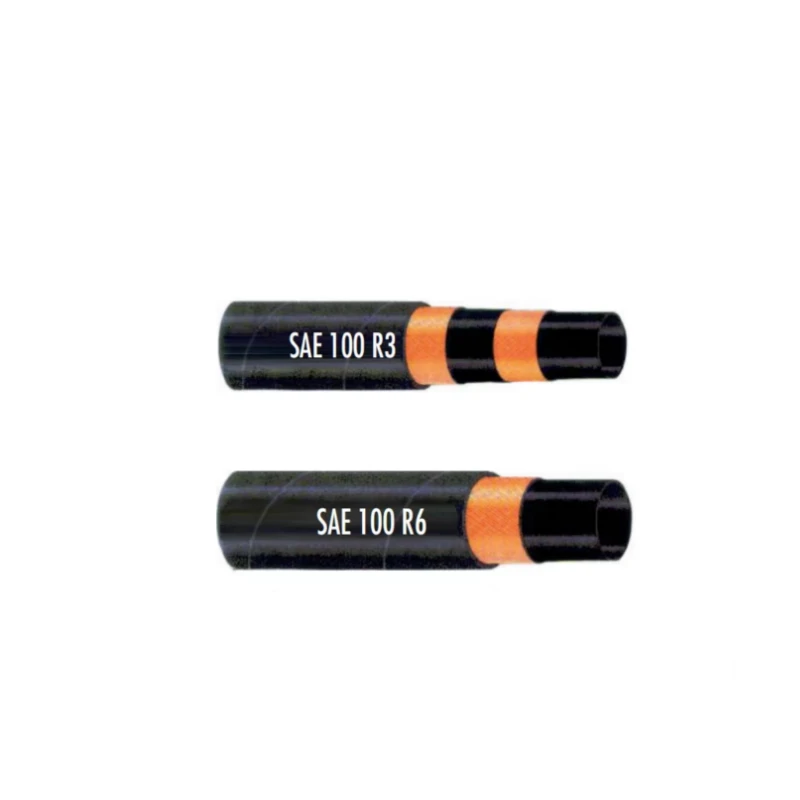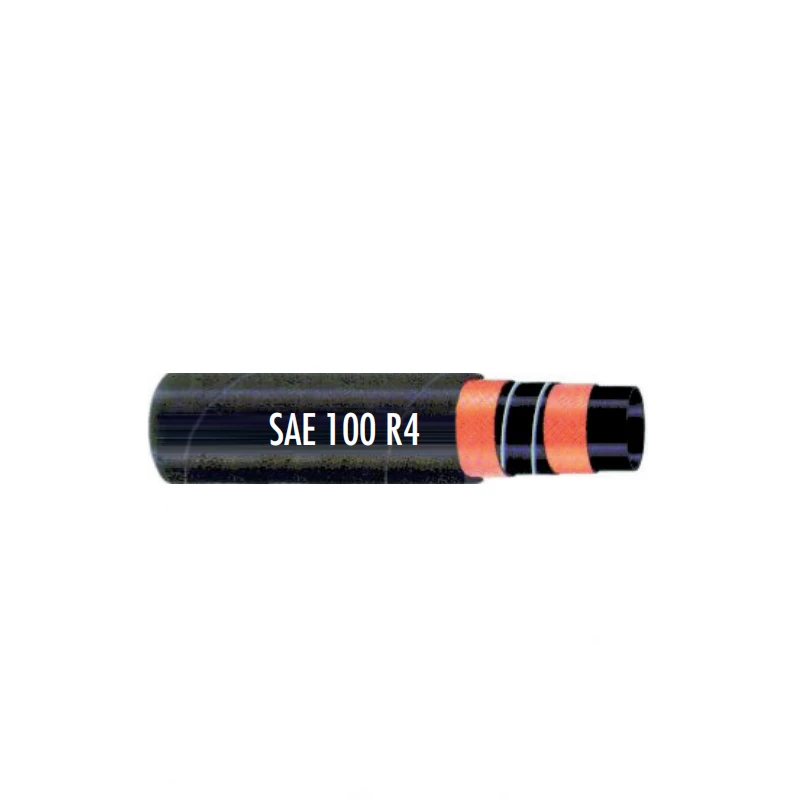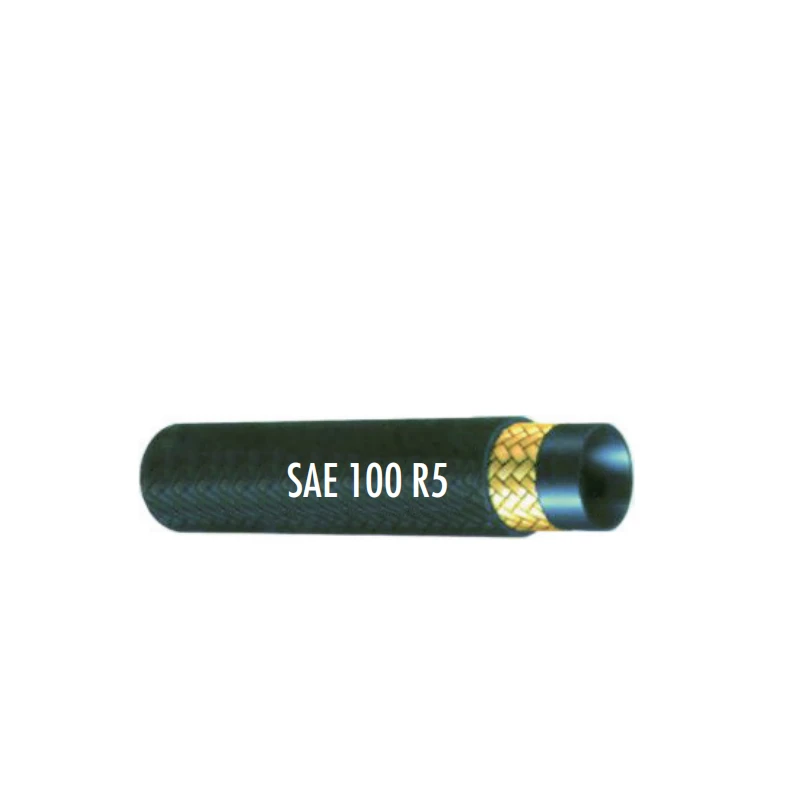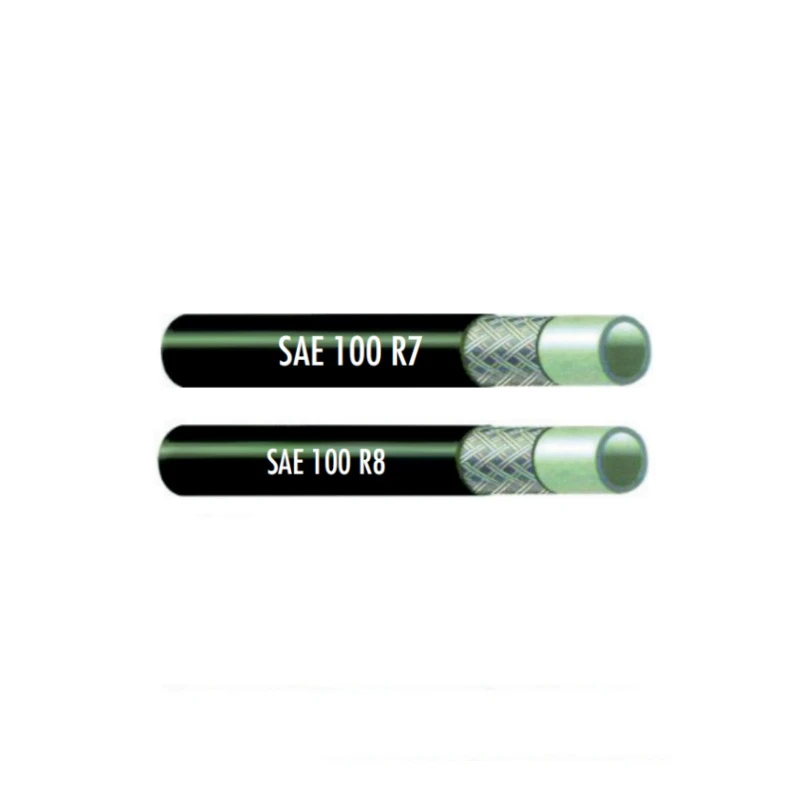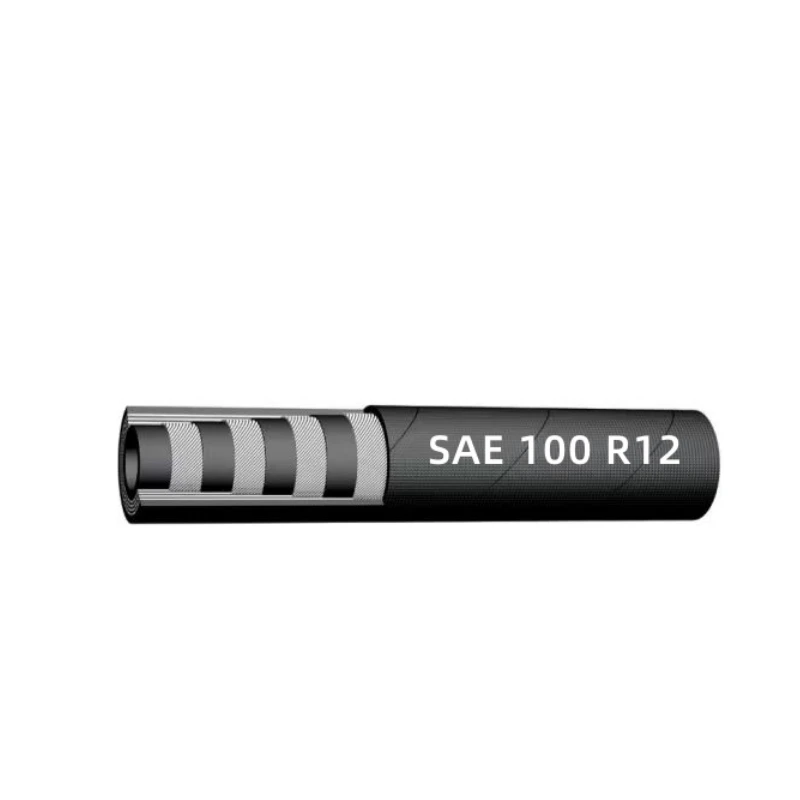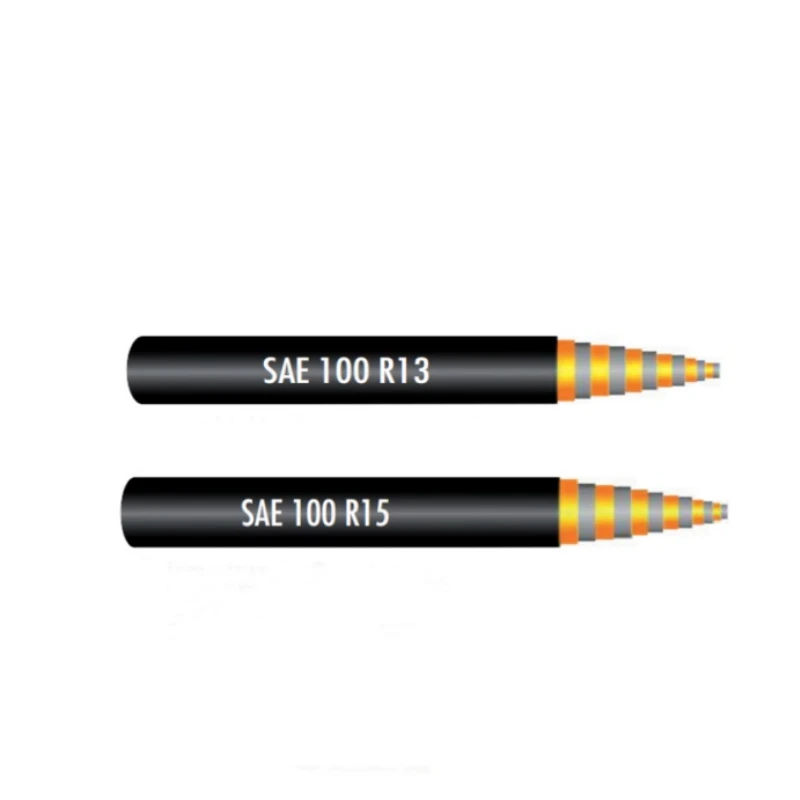
- Afrikaans
- Albanian
- Amharic
- Arabic
- Armenian
- Azerbaijani
- Basque
- Belarusian
- Bengali
- Bosnian
- Bulgarian
- Catalan
- Cebuano
- Corsican
- Croatian
- Czech
- Danish
- Dutch
- English
- Esperanto
- Estonian
- Finnish
- French
- Frisian
- Galician
- Georgian
- German
- Greek
- Gujarati
- haitian_creole
- hausa
- hawaiian
- Hebrew
- Hindi
- Miao
- Hungarian
- Icelandic
- igbo
- Indonesian
- irish
- Italian
- Japanese
- Javanese
- Kannada
- kazakh
- Khmer
- Rwandese
- Korean
- Kurdish
- Kyrgyz
- Lao
- Latin
- Latvian
- Lithuanian
- Luxembourgish
- Macedonian
- Malgashi
- Malay
- Malayalam
- Maltese
- Maori
- Marathi
- Mongolian
- Myanmar
- Nepali
- Norwegian
- Norwegian
- Occitan
- Pashto
- Persian
- Polish
- Portuguese
- Punjabi
- Romanian
- Russian
- Samoan
- scottish-gaelic
- Serbian
- Sesotho
- Shona
- Sindhi
- Sinhala
- Slovak
- Slovenian
- Somali
- Spanish
- Sundanese
- Swahili
- Swedish
- Tagalog
- Tajik
- Tamil
- Tatar
- Telugu
- Thai
- Turkish
- Turkmen
- Ukrainian
- Urdu
- Uighur
- Uzbek
- Vietnamese
- Welsh
- Bantu
- Yiddish
- Yoruba
- Zulu

ግንቦ . 23, 2025 15:25 Back to list
Fire-Resistant Hose Sleeves for Survival Gear
In high-temperature environments, the durability of equipment becomes a matter of safety and efficiency. Pressure washer hose protectors are engineered to withstand intense heat and mechanical stress, making them indispensable for industrial cleaning, firefighting, and emergency response operations. These sleeves act as a first line of defense, shielding hoses from abrasion, chemical exposure, and temperatures exceeding 500°F (260°C). Unlike standard covers, pressure washer hose protectors utilize multi-layered materials such as fiberglass and silicone-coated fabrics, which provide both flexibility and thermal resistance.

The design of pressure washer hose protectors prioritizes adaptability. They can be custom-fitted to various hose diameters, ensuring a snug fit that prevents slippage during operation. This is particularly crucial in fire-prone settings, where loose protective gear could compromise safety. Additionally, their lightweight construction minimizes added bulk, allowing users to maneuver equipment effortlessly. For industries like oil and gas or metallurgy, where hoses are exposed to molten metal splashes or open flames, these protectors significantly extend equipment lifespan while reducing downtime for replacements.
Beyond industrial applications, pressure washer hose protectors are increasingly adopted by survivalists and outdoor enthusiasts. Whether navigating wildfire zones or setting up camp in arid regions, these sleeves offer peace of mind by safeguarding water supply lines from accidental burns or environmental hazards. Their versatility underscores their value as a non-negotiable component of modern survival gear.
Nylon Hydraulic Hose Sleeves: Combining Flexibility and Fire Resistance
Nylon hydraulic hose sleeves have emerged as a game-changer for machinery operating in high-heat scenarios. Made from interwoven nylon fibers reinforced with flame-retardant additives, these sleeves excel in environments where traditional materials would degrade rapidly. Their unique braided structure allows for exceptional tensile strength, ensuring that hydraulic systems remain intact even under extreme pressure fluctuations.
One standout feature of nylon hydraulic hose sleeves is their ability to dissipate heat efficiently. By creating a barrier between the hose and external heat sources, they prevent thermal degradation of the inner tubing. This is vital for construction equipment like excavators and bulldozers, where hydraulic lines are often exposed to engine heat or friction from moving parts. Moreover, the nylon’s inherent resistance to oils and solvents makes these sleeves ideal for automotive and aerospace industries, where chemical exposure is routine.
The installation process for nylon hydraulic hose sleeves is remarkably user-friendly. Designed with split seams or hook-and-loop closures, they can be applied retroactively to existing systems without disassembling machinery. This cost-effective solution not only enhances safety but also aligns with sustainable practices by prolonging the life of hydraulic components. As industries push toward greener operations, the demand for durable, reusable protective gear like nylon hydraulic hose sleeves continues to rise.
Rubber Hose Sleeves: Robust Defense Against Abrasion and Heat
When it comes to raw durability, rubber hose sleeves set the benchmark for abrasion resistance in high-temperature settings. Crafted from synthetic rubber compounds blended with aramid fibers, these sleeves offer unmatched protection against mechanical wear, UV radiation, and thermal extremes. Their thick, elastic construction absorbs impacts from sharp debris or rough surfaces, making them a favorite in mining, agriculture, and heavy manufacturing.
A key advantage of rubber hose sleeves lies in their waterproof properties. In marine environments or humid climates, moisture infiltration can corrode hoses and lead to catastrophic failures. Rubber’s impermeable nature acts as a moisture barrier, preserving the integrity of electrical or pneumatic lines. Furthermore, their flame-retardant variants are tested to withstand direct contact with open flames for extended periods, a critical feature for fire departments and steel mills.
The ergonomic design of rubber hose sleeves also enhances usability. Textured surfaces improve grip during handling, reducing the risk of accidental drops. For outdoor survival kits, these sleeves double as insulation for water lines in freezing temperatures, showcasing their multi-functional appeal. As industries increasingly prioritize equipment longevity, rubber hose sleeves have become synonymous with reliability in the face of adversity.
Hydraulic Hose Abrasion Sleeves: Innovation for Longevity and Safety
Hydraulic hose abrasion sleeves represent the pinnacle of protective technology for high-stakes environments. These sleeves integrate advanced materials like ceramic-embedded fabrics and heat-reflective coatings to combat both friction and extreme temperatures. In applications such as forestry machinery or geothermal energy plants, where hoses endure constant rubbing against rough surfaces, hydraulic hose abrasion sleeves reduce wear by up to 70%, drastically lowering maintenance costs.
A revolutionary aspect of hydraulic hose abrasion sleeves is their compatibility with smart monitoring systems. Some variants now include embedded sensors that alert users to sleeve degradation or overheating, enabling proactive replacements before failures occur. This innovation is particularly transformative for remote operations, such as offshore drilling rigs, where equipment malfunctions can lead to severe environmental and financial repercussions.
Environmental sustainability is another hallmark of modern hydraulic hose abrasion sleeves. Many are manufactured using recycled rubber and biodegradable coatings, aligning with global initiatives to reduce industrial waste. By choosing these sleeves, companies not only protect their assets but also contribute to a circular economy. As regulatory standards for workplace safety tighten, investing in high-performance hydraulic hose abrasion sleeves has become a strategic imperative for forward-thinking industries.
FAQs: Fire-Resistant Hose Sleeves for Survival Gear
How do I choose the right fire-resistant hose sleeve?
Consider factors like temperature range, abrasion resistance, and compatibility with your hose diameter. Our hydraulic hose abrasion sleeves are tested for temperatures up to 1200°F (649°C) and come in customizable sizes.
Can these sleeves be used in residential settings?
Absolutely! Rubber hose sleeves are perfect for protecting garden hoses from BBQ grill sparks or outdoor heater exposure.
Are nylon sleeves suitable for chemical exposure?
Yes, our nylon hydraulic hose sleeves resist oils, acids, and solvents, making them ideal for automotive or industrial use.
How often should abrasion sleeves be replaced?
Inspect sleeves every 3–6 months. Our hydraulic hose abrasion sleeves typically last 2–5 years, depending on usage intensity.
Do you offer custom sizes for unique equipment?
Yes! We provide tailored solutions for pressure washer hose protectors and other sleeves to fit any specification.
Don’t compromise on protection in high-temperature environments. Explore our extensive range of fire-resistant hose sleeves, including nylon hydraulic hose sleeves, rubber hose sleeves, and hydraulic hose abrasion sleeves, designed to meet the toughest industrial demands. Visit our website today to request samples or place bulk orders—equip your team with gear that survives the heat, every time!
Latest News
Steel Wire Reinforced Hydraulic Hose SAE 100 R1 / EN853 1SN S
NewsOct.17,2024
Two Layers Steel Wire Reinforced Hydraulic Hose SAE 100 R2 / EN853 2SN
NewsSep.03,2024
Textile Braid Reinforced Hydraulic Hose SAE100 R3+R6
NewsSep.03,2024
Textile Reinforced Hydraulic oil Suction Hose with embedded Steel Wire SAE 100 R4
NewsSep.03,2024
Single Wire Braid and Textile Covered Hydraulic Hose SAE 100 R5
NewsSep.03,2024
High Pressure Thermoplastic Hydraulic Hose SAE 100 R7 / EN855 R7 - SAE 100 R8 / EN855 R8
NewsSep.03,2024
Heavy Duty Four-layer Steel Wire Spiral Reinforced Hydraulic Hose SAE100R9+R10+R12
NewsSep.03,2024
Heavy Duty Multi-layer Steel Wire Reinforced Hydraulic Hose SAE100R13 SAE100R15
NewsSep.03,2024
Latest Products
